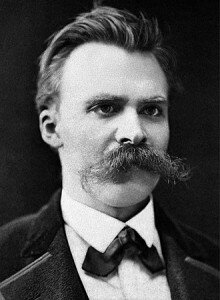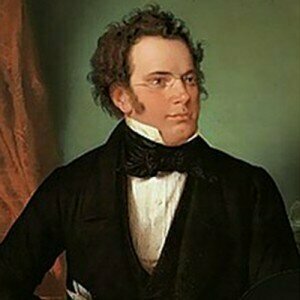If you have been playing and practicing music for most of your life, you probably see those who have made it in concert halls and onto the world stage as amazing beings that transcend most mortal humans. You may be jealous of them and aim to get bigger and better than them. You may wonder how they did it and what their secret is?
You may be surprised to learn that the overriding quality that has shaped these people and got them to where they are is persistence.
Nietzsche said, “what doesn’t kill me makes me stronger”. Does this mean that you almost have to kill yourself to make it in this world? And, how can one person who sat next to you in school, who learned the exact same thing you did from the same teacher get such better results than you?
If you’ve read The Diary of a Young Girl by Anne Frank, apart for what Anne, her family and friends went through in this horrendous time in history, you’ll have read how Anne sees her parents favouring her sister over herself; why she constantly asks herself? Why is another chosen over you when you have tried just as hard and for just as long?

Carnegie Hall, NYC
© lenorabrown.com
There’s something else you might be surprised to learn, people and teams behind the eight ball for so long regularly end up out in front because setbacks gave them greater motivation. The trick is to learn how to stay inspired.
Musicians have an enormous amount of quality competition out there. Trying to get better than other musicians is a time-wasting and useless enterprise. Getting better than yourself is what you should be aiming for. This will bring about not only the best result for you, but you’ll gain greater personal satisfaction in the long run.
History books are littered with famous musicians that have died before reaching their full potential, and also ones who have gone from rich to bankrupt in what seems like no time. Maintaining a lifelong career in music is not easy. Doing that in the public spotlight is even harder.

Nietzsche
© Wikimedia Commons
It’s clear to see that through all his misfortune and the trying times and conditions he lived in, Schubert had a stoic mind that helped him keep going. He knew that he had to struggle to create music and that struggle was not stronger than his desire to compose. What is unclear is how he did this? How did he find the strength with all the opposition that life set in front of him, how did he keep going and getting better? Persistence and the ability to keep moving were his unwritten mantras. He kept progressing in his mind right until his body gave up. Today, we all know how loved and played his music is. Schubert ended up changing the history of music through his resolve.
Schubert never let setbacks impact on his drive. Cornell University in the USA has a recent study on Early-career setback and future career impact of people in a scientific occupation. This study suggests that “early-career setback appears to cause a performance improvement among those who persevere”.

Franz Schubert
© Wikimedia Commons
There are many paths a musician can travel to find help, encouragement, and guidance. A mentor is one of the best people you can ever find to keep you on your path. In some parts of the world, students at music schools are assigned a mentor upon graduation. My first composition teacher was from the Ukraine. She and her fellow graduates had a mentor assigned to them because the university she went to knew how important it was to maintain the growth of a composer.
This does not happen in western universities, at least not in Australia, but there are people you will meet through your education that can help mentor you into a professional musician. Networking is the key.
In part two of this article I will talk to a successful musician and show how he did it, and I’ll also tell you what not to do, I’m an expert at that.





